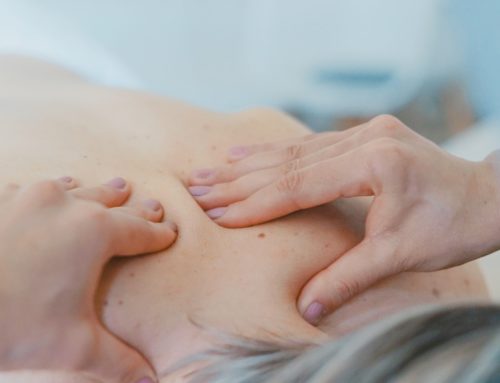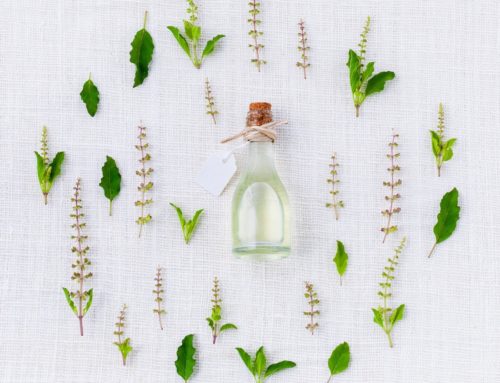I’d like to talk a little about the importance of sleep. Most of us don’t get enough sleep. Research is showing that we need between seven and eight hours of sleep per night in order to stay healthy. A sleep isn’t just a time where we check out and are not present for a while. It’s actually a time where there’s a great deal of activity that goes on in our brain and in our body that prepares us for the next day.
There are interesting research studies showing that sleep is really important for memory, short term and long term, but sleep is also a time where we make the raw materials that our body is going to need for all the activities that happen in the next day. People who are deprived to sleep, if we take healthy young people, teenagers who have no pain, no cause for pain and deprive them of sleep, it’s been shown that we can induce. We can make them have pain, full blown chronic pain syndromes. So, if you are in pain, it’s extremely important to make sure that you get good sleep.
How to Get a Good Night’s Sleep
Now, we’re in the habit in our very stimulating Western world of being very active all day long and thinking that we should just fall into bed and fall asleep immediately. But when you look at how we evolved over millions of years, we would experience darkness for hours before we would go to sleep. And the activities of the day would wind down. They’d slow down. We would do quiet activities and then we would go to sleep.
These days, it’s very important to do some quiet restful activities before bed to get into a bed time routine. Warm Epsom salts bath is a great way of starting, but turning off the computer and the television for at least an hour before you go to bed is also really important. The lights and the kind of stimulation that the lights give to your brain actually interfere with sleep.
It’s also important to sleep in total darkness. Now, a little red light for the alarm clock is acceptable but any other color of light, even a crack of light through the door or the window is actually going to decrease your ability to fall into a deep sleep and to make enough melatonin. Sometimes, it’s difficult to completely darken a room because it’s very expensive to put in black out curtains but what you could do is just use a sleep mask. In that way, your eyes are in total darkness and that will improve your body’s ability to make melatonin.
Melatonin is a hormone that our brains secrete at night and it helps keep us asleep. It also helps us to trigger the mechanisms that make a lot of the chemicals that we need to produce in our body that we’re going to need for the next day. So it’s something that helps us prepare for the next day.
Sleep medications are a double edged sword. They will get you to sleep but most of them actually interfere with the normal pattern of sleep. So most of them make you dream less than you ordinarily would. So when we stop taking those medications, our brain tries to catch up and dream extra. That might give you the feeling that you are not sleeping as well but that’s not actually the case. Your brain actually is trying to self-regulate and get back to normal. So if you are coming off of a sleep medication, try and put up with that extra dreaming for a few nights and then after that, things should normalize.
Other things you can do to help you get a better night’s sleep are to have the bedroom cool. Don’t eat a big meal before you go to bed. Don’t exercise vigorously before bed. Don’t have an argument before bed, but have some nice, quiet, calm, restful activities. Exercising during the day is good for sleep at night and if you need to, you can use melatonin as a supplement to help you sleep better at night. In general, we make optimal amounts of melatonin if we sleep in total darkness but also if we have good full spectrum light during the day. Now, I live in Seattle, and there’s very few months of the year that we get good full spectrum light during the day so some extra melatonin has been extremely helpful to me to make up for that deficit.



